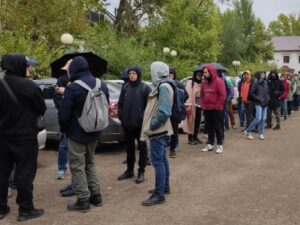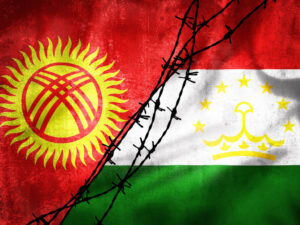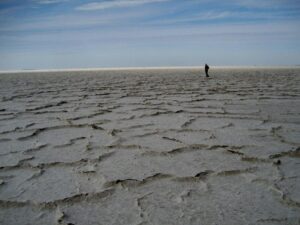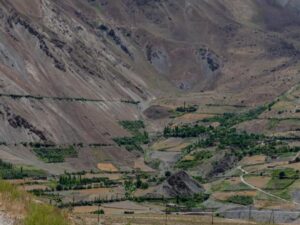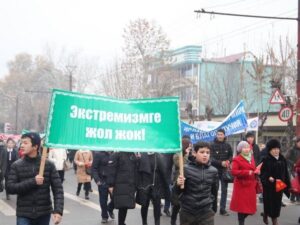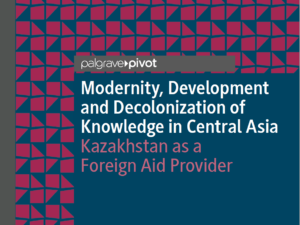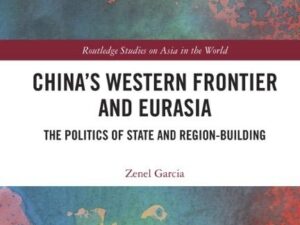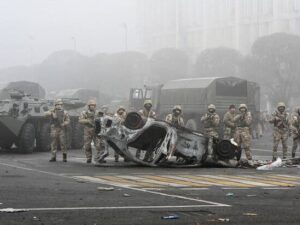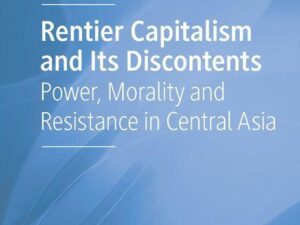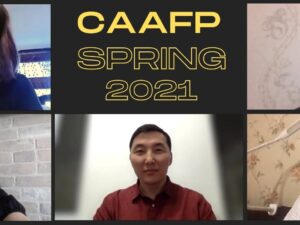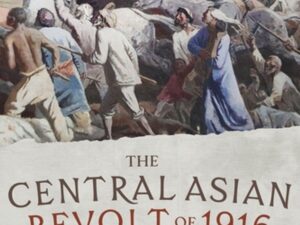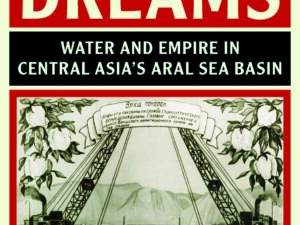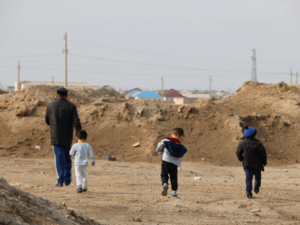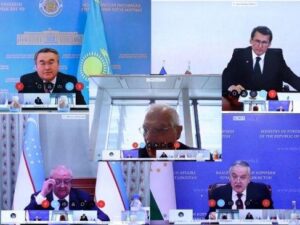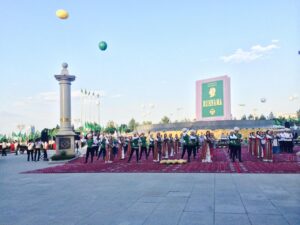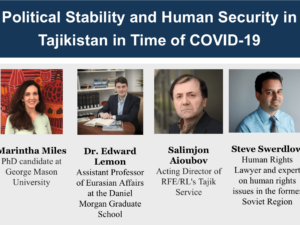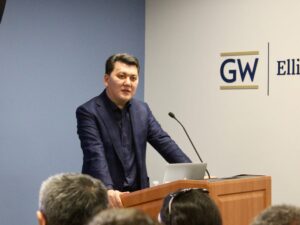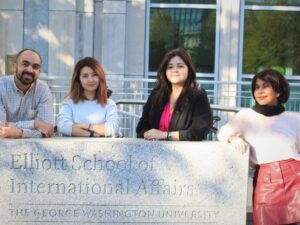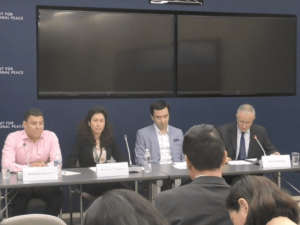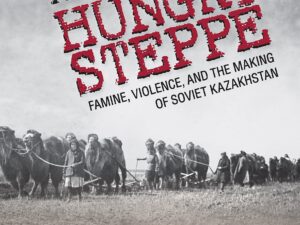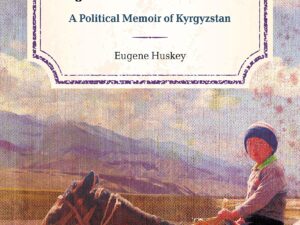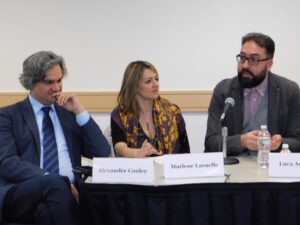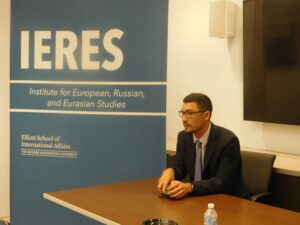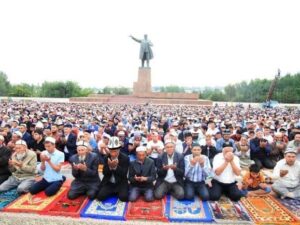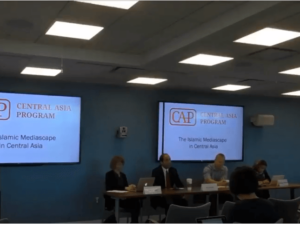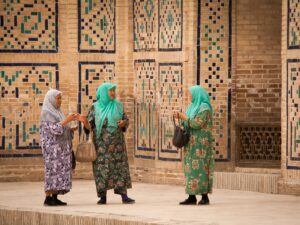
- This event has passed.
Julie McBrien – The Tricky Matter of Defining Religion
27 April, 2017 @ 4:30 PM - 6:00 PM

What is religion? The answer to this question is either so obvious that it needs no asking, or so abstract and theoretical that we end up declaring it insoluble. The question therefore often gets sidelined and we operate with un-reflected upon notions of religion. These ideas about religion, nonetheless, guide the research and analyses of academics, the policy and programs of those in government and development, and the allocation of research funds, for example. In short, the definitions potentially have real-world consequences. Julie McBrien will examine the varying ways religion in Kyrgyzstan has been defined over the last century as a backdrop for looking at present moments of classification. She will consider two contemporary cases in which competing understandings of religion by foreign observers, one of whom was Dr. McBrien herself, obfuscated rather than illuminated the lived experience of those in Kyrgyzstan. She will argue that these misreadings can create situations in which analyses and interventions (can) go awry, with political as well as scholarly implications. This talk is based on her long-term research on religion and secularism in Kyrgyzstan, including ongoing work on marriage, gender, and the state.
Dr. Julie McBrien is Assistant Professor of Anthropology at the University of Amsterdam and the incoming director of the AISSR Research Program Group “Globalizing Culture.” She is senior researcher and co-coordinator of the ERC funded project “Problematizing Muslim Marriages.” McBrien has conducted research in Kyrgyzstan for nearly 15 years working on issues related to Islam, secularism, politics, gender, and marriage. Her publications can be found in Material Religion, JRAI, Anthropology Today, and Critique of Anthropology. Her book From Belonging to Belief: Modern Secularisms and the Construction of Religion in Kyrgyzstan is forthcoming with Pittsburgh University Press.
This event is part of the CERIA Initiative, generously funded by the Henry Luce Foundation.




